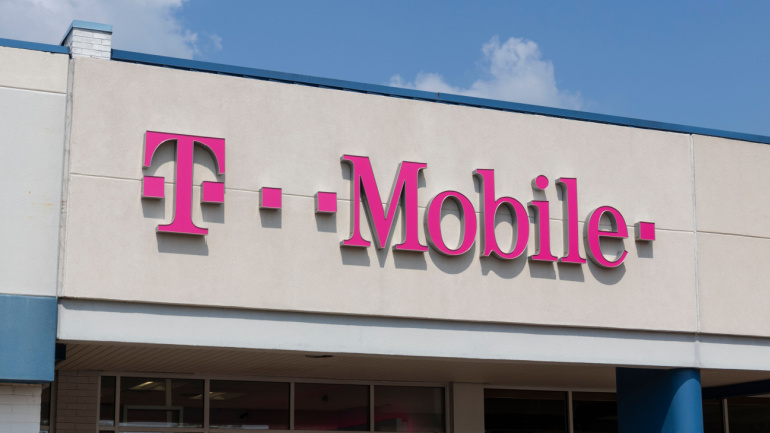In a significant move to ensure the smooth transition of landline services to Voice over Internet Protocol (VoIP), the UK government has announced an expansion in the roster of telecommunications companies committed to safeguarding vulnerable customers. The initiative, led by the Department for Science, Innovation and Technology (DSIT), now includes Openreach, CityFibre, and several others, alongside initial participants like BT and Virgin Media O2.
In a bold move to reshape the UK’s broadband landscape, VMO2, backed by shareholders Liberty Global and Telefónica, has announced the launch of a new fixed network company, ambitiously positioned as a direct competitor to BT’s Openreach. Dubbed NetCo for now, this venture aims to accelerate the adoption of full fibre broadband, offering a fresh financing framework and a potential platform for the consolidation of alternative network providers (altnets).
MATRIXX Software, Celfocus, and Qeema have launched Jawwy 2.0 to improve customer experience and reduce costs. NTT Ltd. plans to open its first data center campus in the Paris region as part of a $10 billion global expansion. Crexendo and TELCLOUD launched a POTS Replacement platform to offer cost-effective, reliable alternatives for critical services. Hero Digital revamped Calix.com, enhancing user experience and performance. Consumer advocacy groups urge the FCC for stricter regulations to protect against SIM swap and port-out scams.
T-Mobile US, a significant player in the US telecommunications industry, has maintained its leadership position in customer growth in 2023, despite a notable decrease compared to its previous year’s performance. The company, which recently revealed its annual and quarterly financial results, continues to outpace its main competitors, AT&T and Verizon, particularly in the postpaid mobile customer segment.
Prominent telecom operator, BT, steps into the fray of a groundbreaking class action lawsuit. At the core lies accusations of excessive pricing for traditional landline users, contrasted against fairer prices for bundle consumers. While BT robustly contests any allegations of abusing its market dominance, millions of claimants eagerly seek compensation.
Wildanet, a Cornwall-based fibre network builder, marks a milestone in corporate sustainability by becoming the UK’s first altnet to earn B-Corp Certification. This accolade spotlights the broader ramifications for the telecom industry as it grapples with its own global responsibility measures. While celebrating the achievement, it ignites the debate over whether the sector is doing enough to address burgeoning demands for a sustainable, equitable world.
In a strategic move to meet the escalating demands of the 5G era and burgeoning broadband connectivity in India, Nokia has joined forces with Bharti Airtel for a significant overhaul of the optical network infrastructure. The project aims to deliver ‘massive capacity,’ enhanced reliability, and cost efficiency for enterprises, operators, and hyperscalers in the region.
Marlink has teamed up with Eutelsat OneWeb to bring satellite connectivity to the luxury icebreaker cruise ship, Le Commandant Charcot. Their innovative hybrid network enhances both operationally and leisurely experiences, using layered, encrypted technology for robust security. Remarkably, it allows for separate crew and operational systems on one terminal and ensures unprecedented internet access in remote locations.
The White House’s recent call to Congress for increased funding of the Affordable Connectivity Program (ACP) has significantly stirred the telecommunications sector. Putting forth a request to extend the ACP’s operations, the Biden Administration aims to stretch free and discounted internet provision to eligible households until December 2024.
Nokia’s 25G PON solutions are boosting Google Fiber’s bold venture into establishing a 20-Gbps service, though the full potential of such capacity remains untapped. However, Google Fiber, focusing on the future, views this as a crucial step towards achieving 100-Gbps services and beyond. Yet, does the necessity of such impressive speeds linger in doubt, or are these advancements setting a thrilling precedent in the field of telecommunications?













